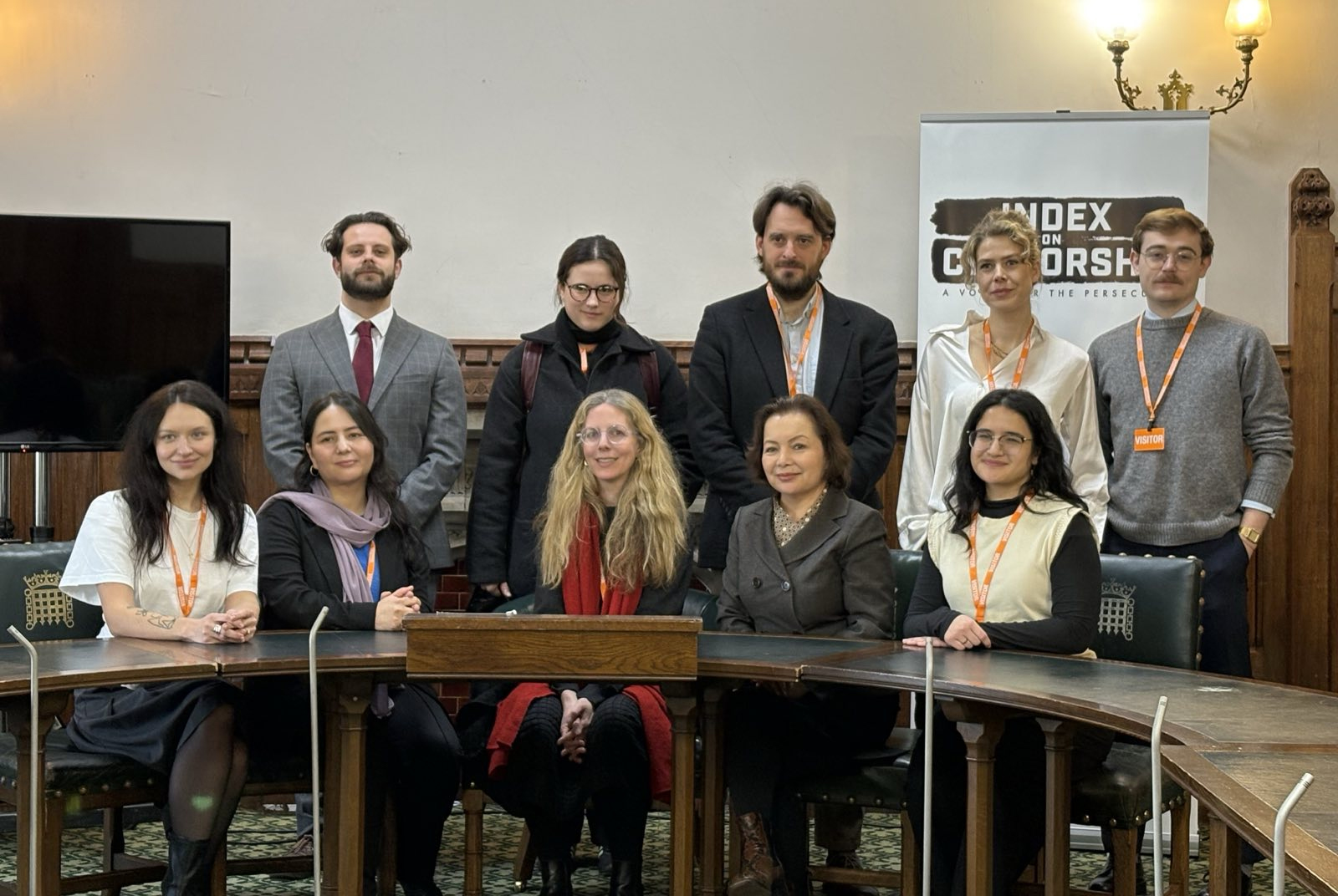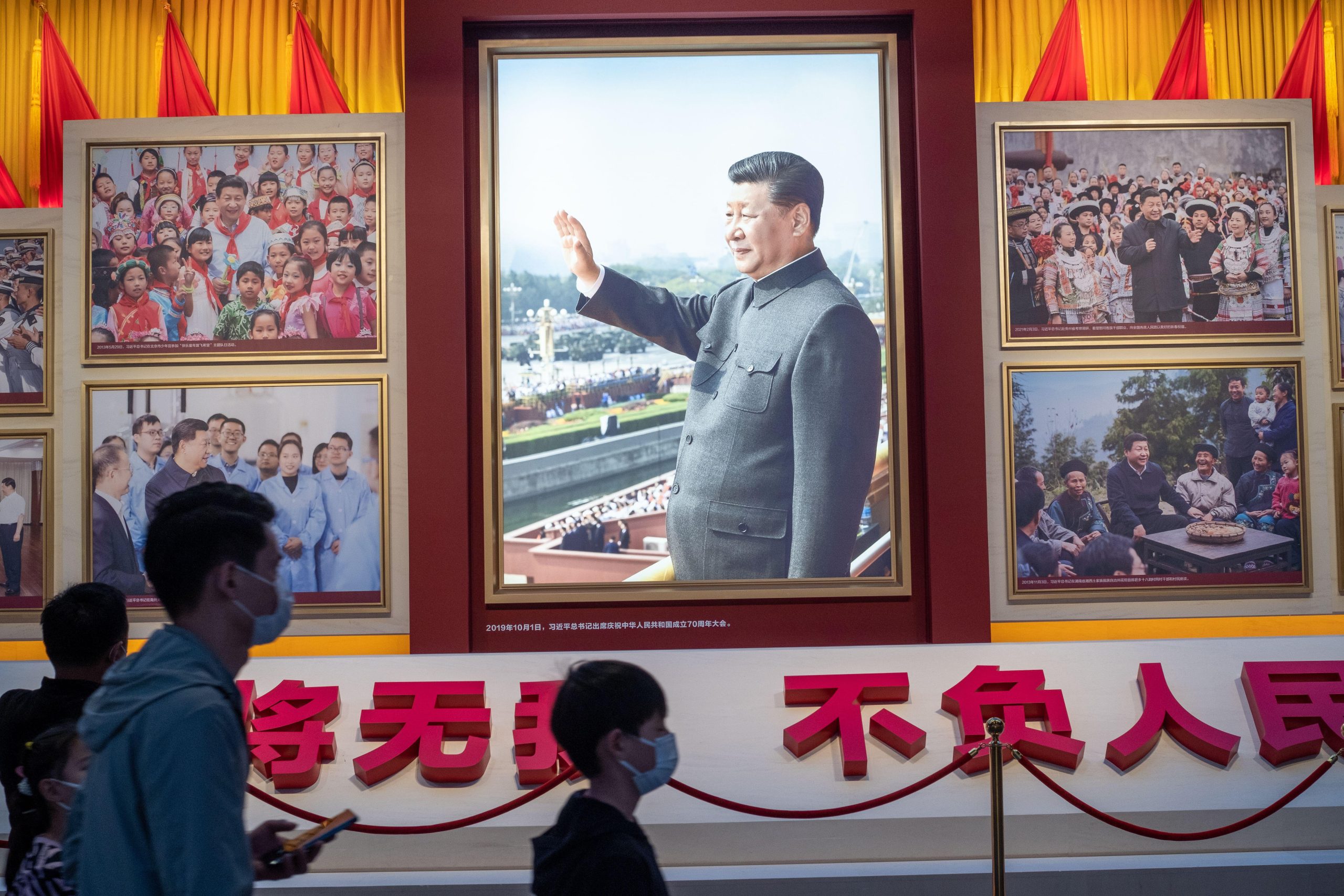A Ugandan judge has instructed the Rolling Stone newspaper to stop publishing the names and photographs of people it claims are gay. Last month the tabloid published names, photos, and addresses of 100 supposed homosexuals, alongside a banner that read, “Hang them.” The injunction came following a request by the gay rights group Sexual Minorities Uganda (SMUG). The group says some gay people were attacked after Rolling Stone published the information. Editor Giles Muhame was unrepentant, saying, “We will publish more pictures but in a diplomatic way, so that we can dodge the law” and “ I haven’t seen the court injunction but the war against gays will and must continue. We have to protect our children from this dirty homosexual affront”.
NEWS
Support free expression for all
At Index on Censorship, we believe everyone deserves the right to speak freely, challenge power and share ideas without fear. In a world where governments tighten control and algorithms distort the truth, defending those rights is more urgent than ever.
But free speech is not free. Instead we rely on readers like you to keep our journalism independent, our advocacy sharp and our support for writers, artists and dissidents strong.
If you believe in a future where voices aren’t silenced, help us protect it.
At Index on Censorship, we believe everyone deserves the right to speak freely, challenge power and share ideas without fear. In a world where governments tighten control and algorithms distort the truth, defending those rights is more urgent than ever.
But free speech is not free. Instead we rely on readers like you to keep our journalism independent, our advocacy sharp and our support for writers, artists and dissidents strong.
If you believe in a future where voices aren’t silenced, help us protect it.
At Index on Censorship, we believe everyone deserves the right to speak freely, challenge power and share ideas without fear. In a world where governments tighten control and algorithms distort the truth, defending those rights is more urgent than ever.
But free speech is not free. Instead we rely on readers like you to keep our journalism independent, our advocacy sharp and our support for writers, artists and dissidents strong.
If you believe in a future where voices aren’t silenced, help us protect it.
At Index on Censorship, we believe everyone deserves the right to speak freely, challenge power and share ideas without fear. In a world where governments tighten control and algorithms distort the truth, defending those rights is more urgent than ever.
But free speech is not free. Instead we rely on readers like you to keep our journalism independent, our advocacy sharp and our support for writers, artists and dissidents strong.
If you believe in a future where voices aren’t silenced, help us protect it.
At Index on Censorship, we believe everyone deserves the right to speak freely, challenge power and share ideas without fear. In a world where governments tighten control and algorithms distort the truth, defending those rights is more urgent than ever.
But free speech is not free. Instead we rely on readers like you to keep our journalism independent, our advocacy sharp and our support for writers, artists and dissidents strong.
If you believe in a future where voices aren’t silenced, help us protect it.
READ MORE
-

Banning social media is a kneejerk reaction that should be resisted
While Spain is yet another country considering social media bans, we should remember the dissidents who rely on platforms to organise or let others...
-

Former Pussy Riot member and Uyghur activist say encryption keeps them safe
Index on Censorship brought together MPs and activists to discuss how essential it is for dissidents to be able to communicate securely
-

Australia cracks down on protest
Demonstrations against Israeli President Isaac Herzog have been met by a brutal police response
-

Journalists as well as generals have been purged – only Xi is safe in China today
The recent oustings show that the best way to stay out of trouble is to not align with, or investigate, those at the top

